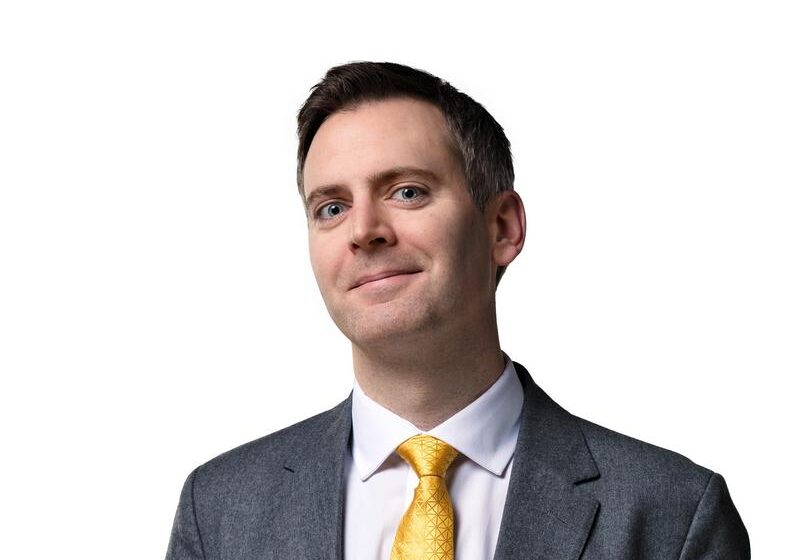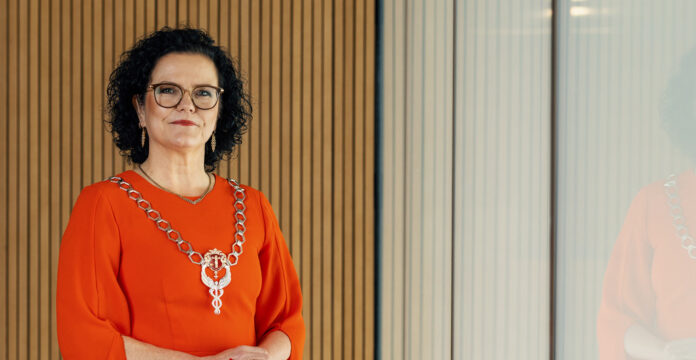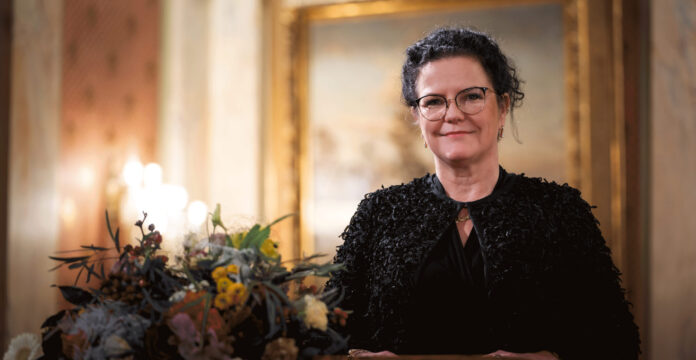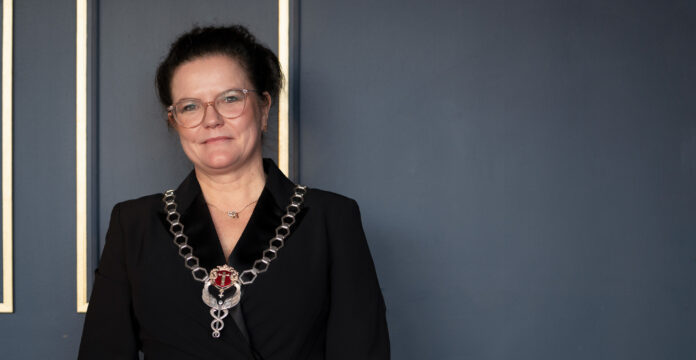The University of Vaasa is undoubtedly international and this has been on the increase for some time.
Approximately 90 of our 300 faculty today are international, meaning that very soon a third of our teachers and researchers will not be of Finnish origin. Whilst the majority are either doctoral researchers or early-stage post-doctoral faculty, fast forward 8-10 years and this could mean that a third of our professors are international. And in terms of students, nearly 12% of all our Master’s degrees are awarded to international students, putting our university in the top half of the most international Finnish universities.
Whilst snapshots like this can be revealing, I believe it is more useful to think about internationalisation as a process. Viewing it as a process allows us to evaluate progress: it helps us to see how far we have come, and what the next big milestones might be. For example, whilst I still see room for improvement today, I barely recognize the university compared to 16 years ago when I first started if I think about how many international students, faculty and masters programmes we now have. Nearly everything is provided in two languages today which was certainly not the case before. I still remember having to get someone to translate my PhD study plan and had difficulties finding doctoral courses in English anywhere in Finland.
If we believe that internationalisation is essential – for Finland, for Vaasa, for the university – then so is diversity and inclusion. One easy way to think about progress in internationalisation from a diversity and inclusion perspective is a saying that goes: “Diversity is being invited to the party, inclusion is being asked to dance, acceptance is dancing like no one is watching.”
When we think about this analogy, where would we place our university – our units, teams, student organisations? We have invited nearly 100 faculty and several hundred students to our ’party’, but have we asked them to dance, and made them feel comfortable enough to dance like no one is watching?
Viewing this as a process is not to suggest that progress comes easily or quickly. There are some sizeable obstacles to overcome and some patience is required. For instance, it is an interesting dilemma that whilst the standard of living and public services is among the best in the world (captured by Business Finland’s slogan of #Finlandworks), Finland is viewed at the same time as a challenging place to settle in and make friends. Together with the issues of climate and language, Finland struggles with talent attraction but especially talent retention (see the recent Innobabble blog for some useful insights on this).
Another obstacle is language, and how to help people navigate the multilingual realities they face at work (the topic of Maria Järlström’s recent ‘Minä ja Tiede’ lecture). A key dilemma we must resolve is how to acknowledge that ’hallintokieli on suomi’ whilst simultaneously acknowledging our diversity policy that states that no one should be excluded on the basis of race or language. At the end of the day, we need to ask ourselves what kind of international organisation we want to be.
Many mistakenly see internationalisation as some sort of quota to be filled, or even as some kind of threat that involves winners and losers. Whilst Finland’s education system produces extremely well-educated individuals, even Finland does not have a monopoly on talent. More than ever before, Finland and Vaasa need talented students and employees regardless of passport. But to ensure that we are able to attract and retain international talent, we need to build an inclusive community built around acceptance.
The University of Vaasa has been investing in several activities in pursuit of this goal: professional relocation services, more extensive onboarding programmes, a renewed language policy and free language support. And plenty more is on the way now that it has completed its comprehensive study on the experiences of our international staff. And the university student union – the recent winners of the ‘Big Heart’ award – are to be praised for selecting the integration of immigrants as its core theme for 2020.
I know we can succeed in this since I have witnessed our progress first hand. As the first international dean in business studies in Finland, I believe the future looks bright for our international community.
Adam Smale
Dean
School of Management
University of Vaasa



